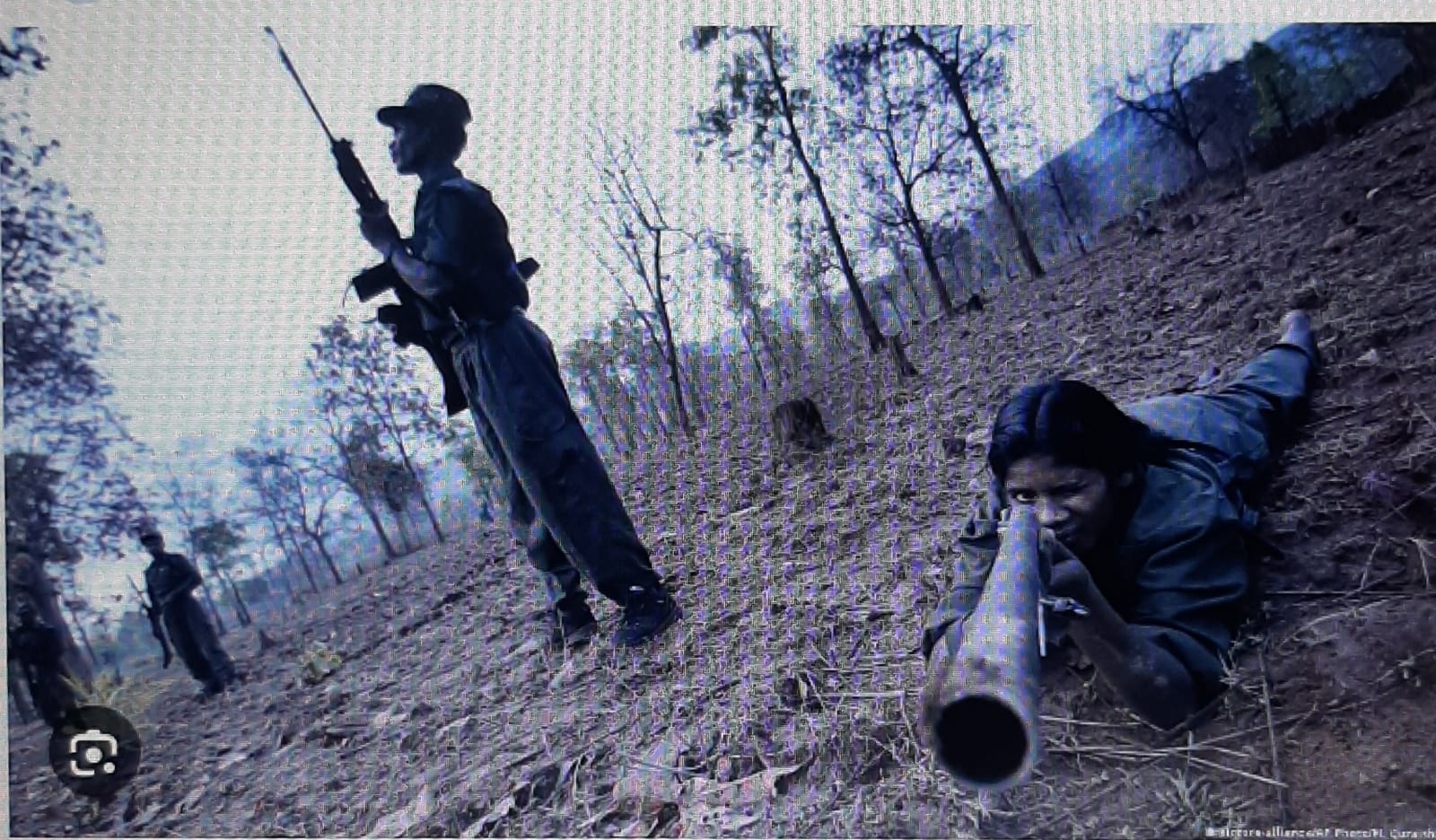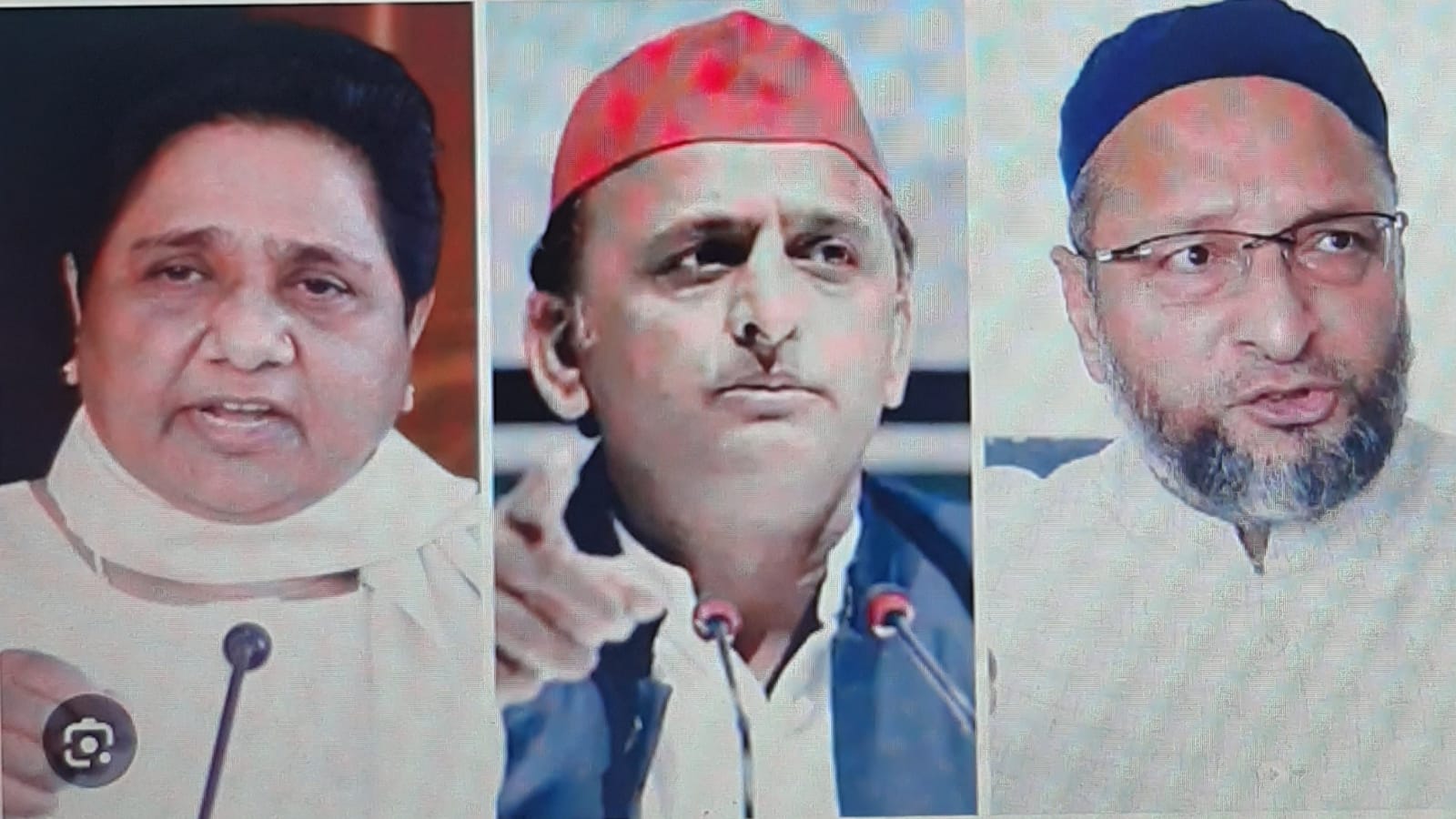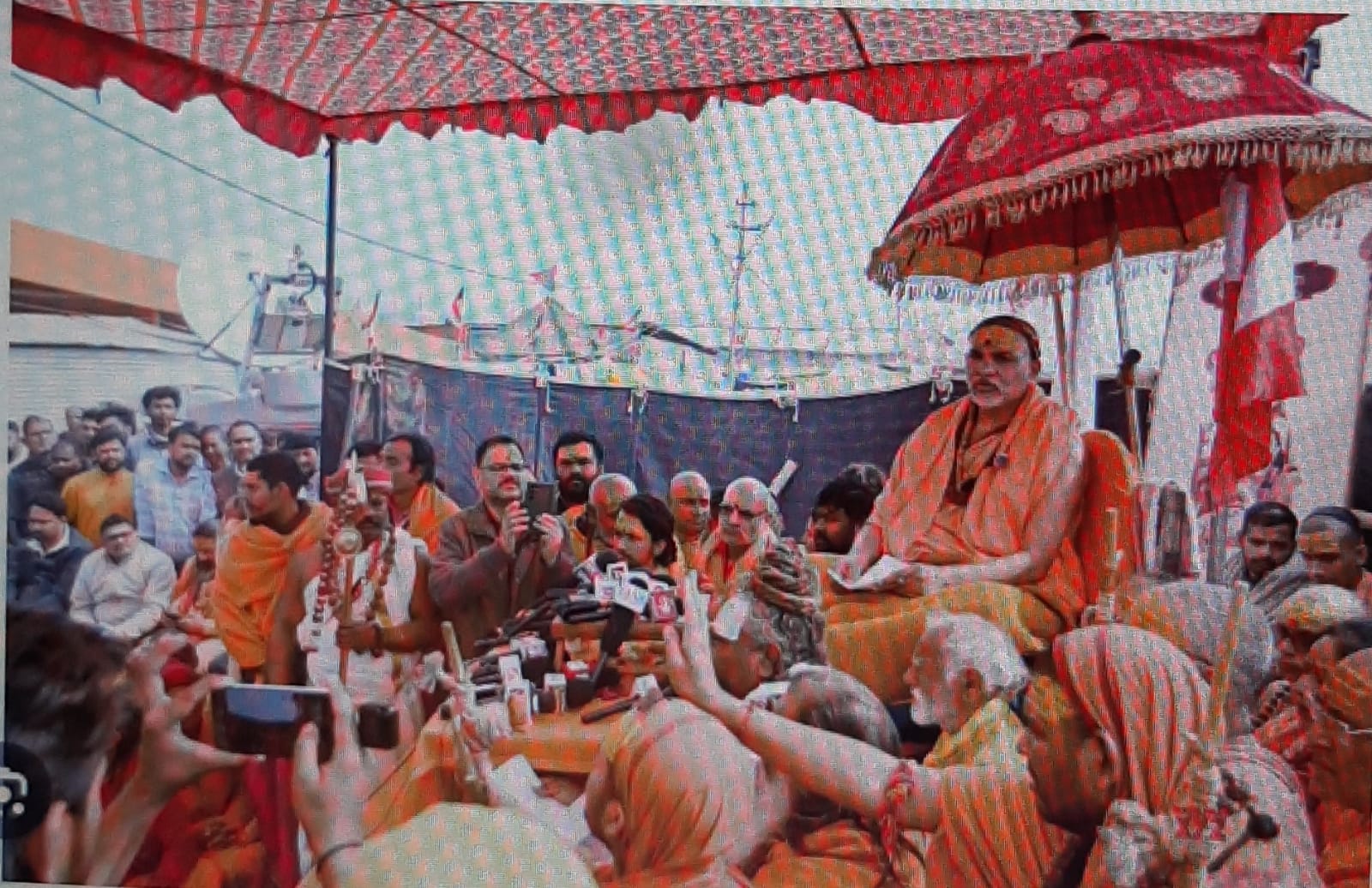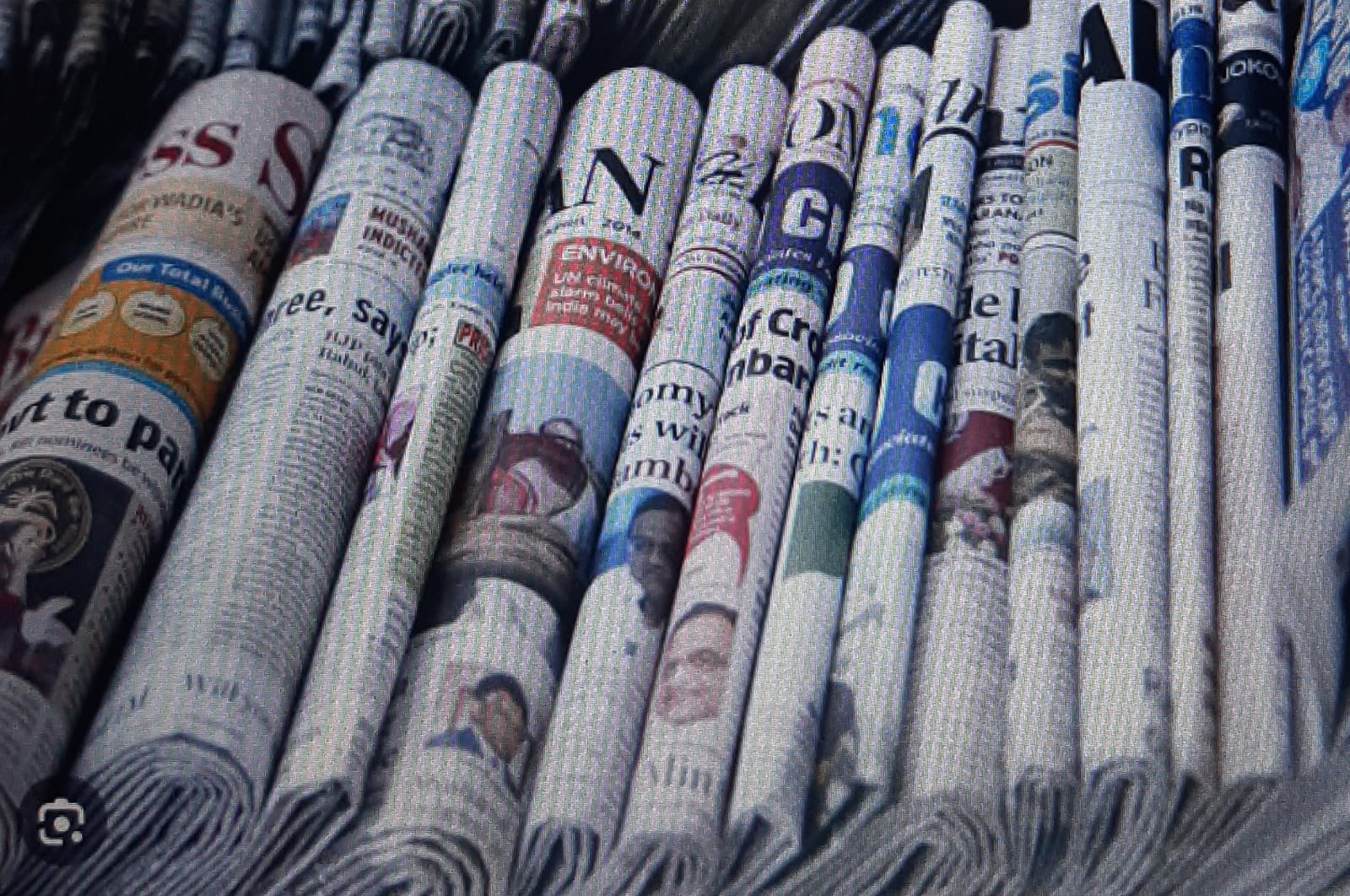
In a democratic system, dissent plays an essential role in fostering critical thinking, ensuring accountability, and driving social progress. It is the mechanism through which citizens can challenge unjust laws, question governmental policies, and demand transparency. Dissent serves as a safety valve, allowing grievances to be expressed openly rather than simmering in silence and erupting violently, writes former IAS officer V.S.Pandey
“Control of thought is more important for governments that are free and popular than for despotic states…a despotic state can control its enemies by force but as the state loses this weapon other devices are required” as Naom Chomsky so aptly points out -and the most critical one-is restricting free speech by stifling dissent. It is increasingly weaponised nowadays in the current age of social media. The debate continues- salient across the globe about the unbridled freedom enjoyed by social media and whether it should be curbed. The jury is out on the subject and both sides are stridently confronting each other. Votaries of social media freedom argue correctly that at the core of democracy lies the freedom of expression—the ability of individuals to voice their independent opinions, criticize authority, and challenge prevailing ideas without fear of persecution. Tolerance of dissent, therefore, is not merely a desirable attribute but a fundamental prerequisite for a thriving democracy. Without it, democratic societies risk sliding into authoritarianism, where conformity is valued over dialogue, and suppression replaces open debate. Democracy, as a political system, is built upon principles of people’s participation, government’s accountability, and the protection of individual rights which inter alia includes freedom of expression.
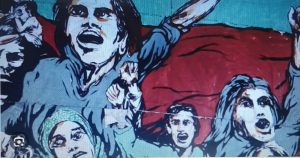
The issue at stake is the degree of freedom – should there be some limit of freedom of expression or should it be unbridled and should dissent be unrestrained or should it be subjected to some limits. Naturally, no one should be entitled to have the freedom to act irresponsibly or say anything. World wide, democratic institutions and their constitution clearly lay down the limits on the freedom of expression and the citizenry has to abide by the limitations imposed upon them. But practically it is not that simple. Although dissent refers to the expression of opinions or beliefs that deviate from those held by the majority or the ruling authority but in most situations the minority dissenting option comes with horrific consequences. Majority is power and with untrammeled power comes arrogance and reduced tolerance of differing views. The mighty superpower then brazenly proclaims, as in 2001, “if you are not with us, then you are against us”. In such situations there is no scope for differing views/ opinions/principles/morality- any one daring to disagree is treated as an adversary and suffers the consequences of talking Truth to power.
In a democratic system, dissent plays an essential role in fostering critical thinking, ensuring accountability, and driving social progress. It is the mechanism through which citizens can challenge unjust laws, question governmental policies, and demand transparency. Dissent serves as a safety valve, allowing grievances to be expressed openly rather than simmering in silence and erupting violently.
History has repeatedly shown that societies which suppress dissent often fail to address systemic injustices and grievances. For instance, the civil rights movement in the United States, led by fearless figures like Martin Luther King Jr., was a powerful expression of dissent against institutional racism and segregation. Similarly, Mahatma Gandhi’s nonviolent resistance against British colonial rule in India highlighted the potent power of dissent in challenging unjust authority.
Freedom of expression is enshrined in almost every democratic constitution worldwide. In the absence of tolerance for dissent, freedom of expression becomes a hollow ideal. True freedom of expression does not merely allow citizens to agree with the government; it also safeguards their right to disagree openly, without fear of imprisonment, violence, or social ostracization.
The philosopher John Stuart Mill, in his seminal work On Liberty, argued that dissent is essential for the pursuit of truth. When differing opinions clash, it creates an opportunity for society to refine its understanding and discard falsehoods. Mill famously stated that even a false opinion is valuable because it challenges prevailing beliefs and prevents intellectual stagnation.
One of the cornerstones of democracy is the idea of checks and balances, where power is distributed among different institutions to prevent its abuse. However, institutional mechanisms alone are insufficient to hold power accountable. Civil society, independent media, and individual dissenters act as additional safeguards against the concentration and misuse of power.
The ruling classes have to be constantly reminded that the rights and freedoms that we take for granted today, emerged from dissent only. Movements for women’s suffrage, labor rights, and environmental protection were all initially dismissed as disruptive or radical forms of dissent. Yet, over time, these revolutionary movements forced societies to confront uncomfortable truths and enact meaningful reforms.
Those in power try to evade this historical truth that suppressing dissent always has had perilous consequences. Forcing citizens to self-censor out of fear of reprisal stifles creativity, innovation, and open debate, which are essential for societal progress. Furthermore, the absence of dissent creates an illusion of consensus, giving governments and institutions unchecked power. That only harms those in power in the long run.
While dissent is crucial, it must also be exercised responsibly. Inciting violence, spreading hate speech, or promoting false information under the guise of dissent can undermine democratic institutions. Democracies must strike the requisite balance between protecting dissent and preventing its misuse. However, this balance should always err on the side of protecting free speech. Restrictions on dissent must be transparent, proportionate, and subject to judicial review to prevent misuse by those in power.
Tolerance of dissent is not merely an idealistic aspiration but a practical necessity for a genuine democracy. It ensures that governments remain accountable, policies are scrutinized, and society can address its flaws through dialogue and reform rather than repression and violence. Democracies thrive not when dissent is silenced, but when it is embraced as a vital expression of freedom and citizenship.
As citizens, we must remain constantly vigilant against attempts to suppress dissent, whether overt or subtle. Democracy is not a static achievement but an ongoing process that requires active participation, critical questioning, and above all, tolerance for differing opinions. Only by safeguarding the space for dissent can we ensure that our democratic Republic thrives with a vibrant, inclusive, and just system of governance.
(Vijay Shankar Pandey is former Secretary Government of India)



